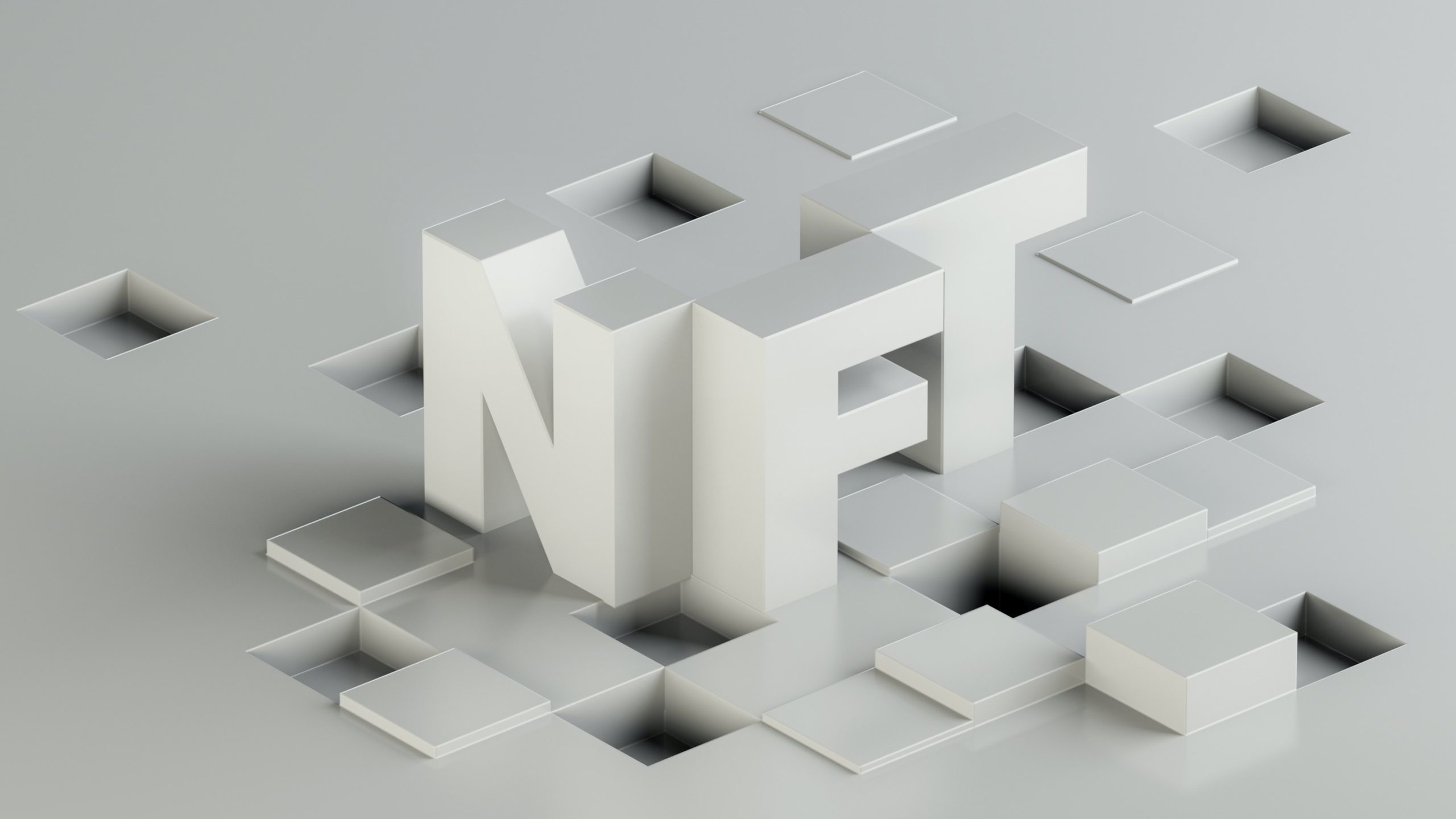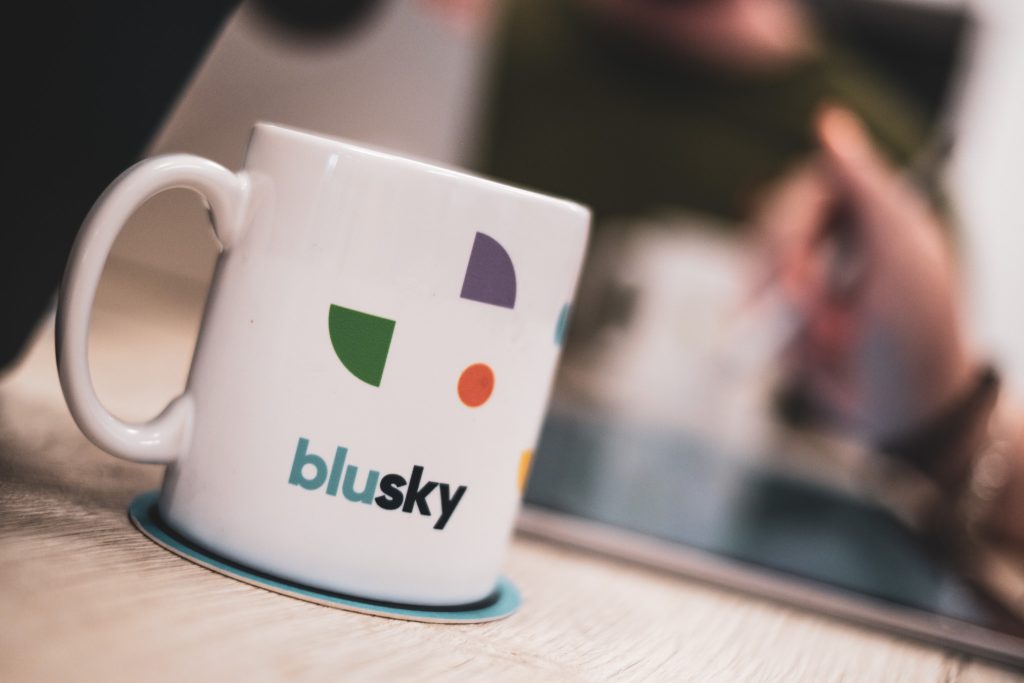You’ve probably heard of NFT’s and as you’ve landed on this article, you’re probably not 100% sure what they are, how they work or if they’re worth investing in.
A few of our clients have asked us for help understanding NFT’s, so we’re going to cover it all!
If you’re thinking of investing in NFT’s, we can’t decide for you. But we can highlight things you need to consider and give you some tips. So, let’s get started!
What is an NFT?
NFT stands for Non fungible token.
And what is a Non fungible token?
To put it simply, it’s a token that shows ownership of a completely unique digital asset, such as a video, art, audio clip or document.
Non fungible means that the asset is truly unique and cannot be replaced with something else.
Is an NFT cryptocurrency?
No, NFT’s are not a form of cryptocurrency. You purchase NFT’s with cryptocurrency, such as Ethereum.
How do they work?
Think of NFT’s as unique trading cards. Fungible items can be replaced by another like for like item, e.g. you can trade someone a pound for a pound as it’s the same thing, with the same value.
NFT’s cannot be replaced by another like for like item though. It’s a one-of-a-kind trading card and if you trade it with someone else, there’s no way for you to get the same card in return. Of course, you could sell the asset and then look to repurchase at a later date, but its value may have changed.
You can create, buy, sell and trade NFT’s via dedicated online exchanges or marketplaces such as OpenSea. To do so, you’d need a digital wallet to store your NFT and cryptocurrency. You’ll also need to purchase your own cryptocurrency.
NFT’s work like physical collectors items, except you don’t physically exchange anything, it’s all digital. On purchasing an NFT, you’ve gained exclusive ownership rights to that digital asset. You can then sell it on if you wish to.
What should I consider?
If you or your business is thinking of buying an NFT, you should make sure you do your research first. Don’t make a purchase until you’re sure you understand what it is you’re buying and how the process works.
There’s risk involved, as the NFT you purchase may decrease in value, and there’s nothing you can do to stop that from happening (but it may increase too). It’s worth weighing up whether or not you can afford to make a loss and what you’d do if that was to happen.
If you know someone who already has NFT’s, it’s a good idea to ask them for guidance and what platforms they trade on.
It’s really important to keep a paper trail and clear record of your purchases, as this can help when it comes to tax. Yes, there are tax implications applied to NFT’s!
It’s also important to consider whether or not trading in NFT’s becomes a full-time job and your main source of income, or if it’s just a hobby.
Are NFT’s taxed?
Yes, if you buy an NFT as a company or individual and sell it on for a profit, it’ll be subject to tax implications.
HMRC classes cryptocurrency as an intangible asset. And although it’s not a form of cryptocurrency, NFT’s fall into the same classification category.
The NFT trade transactions you make could have income tax applied to them if you make a significant amount, and/or capital gains tax applied to them too.
This is why it’s really important to keep record of all your transactions, the value at purchase, and point of sale (not just in cryptocurrency, in sterling too if possible).
Ask an expert
Don’t be afraid to reach out and ask for help from an expert before you trade NFT’s or after you’ve made profit!
We’re here to help if you have any queries, get in touch. We’re proud to support many digital and tech companies.



